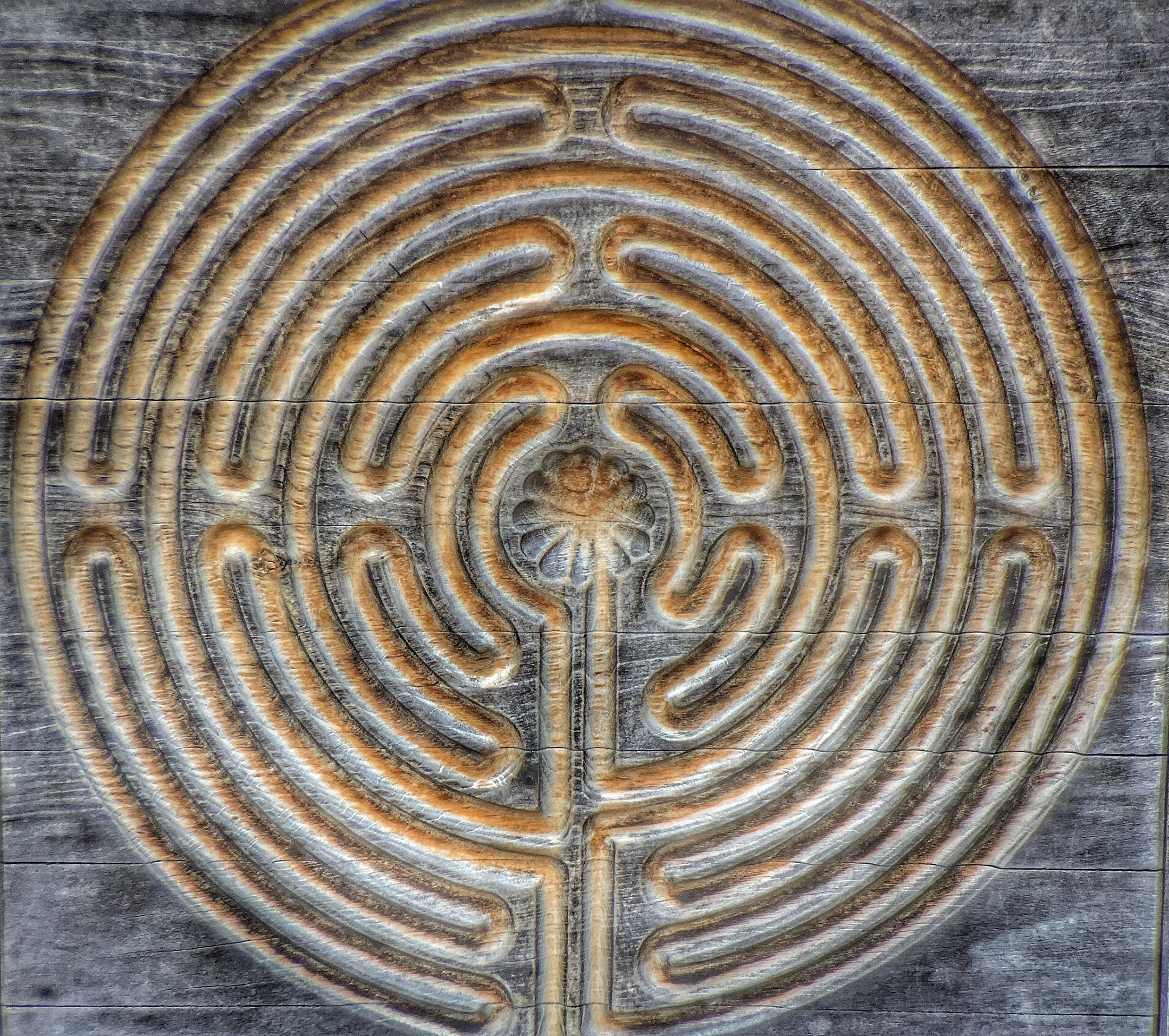A Pandemic, memories of childbirth and JS Bach’s Passion.
Around this time last year, I was carrying a heavy load. Our tender little baby daughter was still growing, but ignoring her due date, making every step and breath more difficult with the hour. When she finally decided to enter this world I was thrown immediately into heavy labor which seemed to stretch for an eternity. Pain beyond any I have known was washing over me, the pangs of labor coming so fast for countless hours that I could barely breath or think. No indeed, it was not the graceful Yoga birth I had envisioned. In the end my baby and I clung to life as my doctor ended our passion by cutting me open, lifting our baby daughter from the wound, and stitching me back together. As they bound me to the operating table, both arms stretched wide open I could not help but remark what that felt like: to be tied to my own cross…




